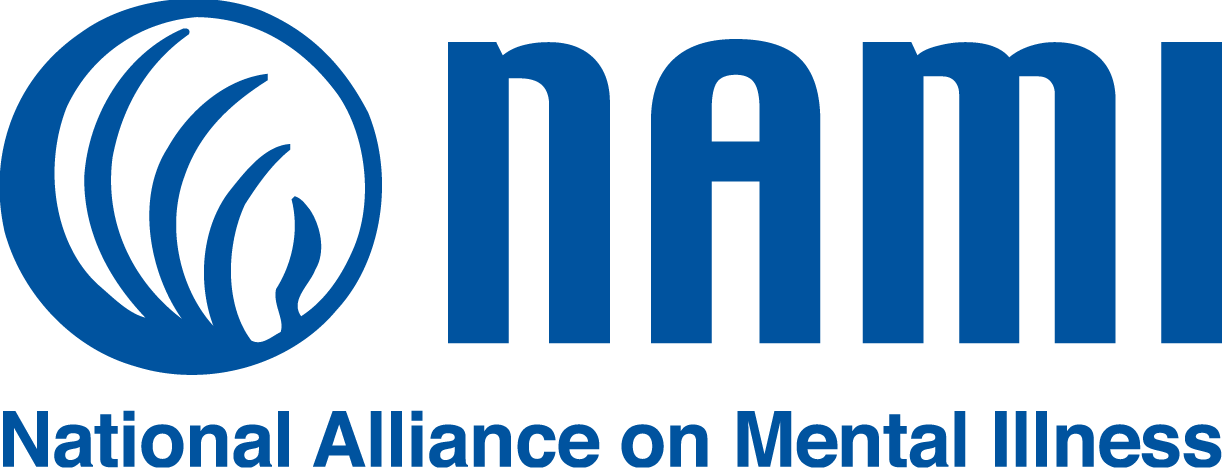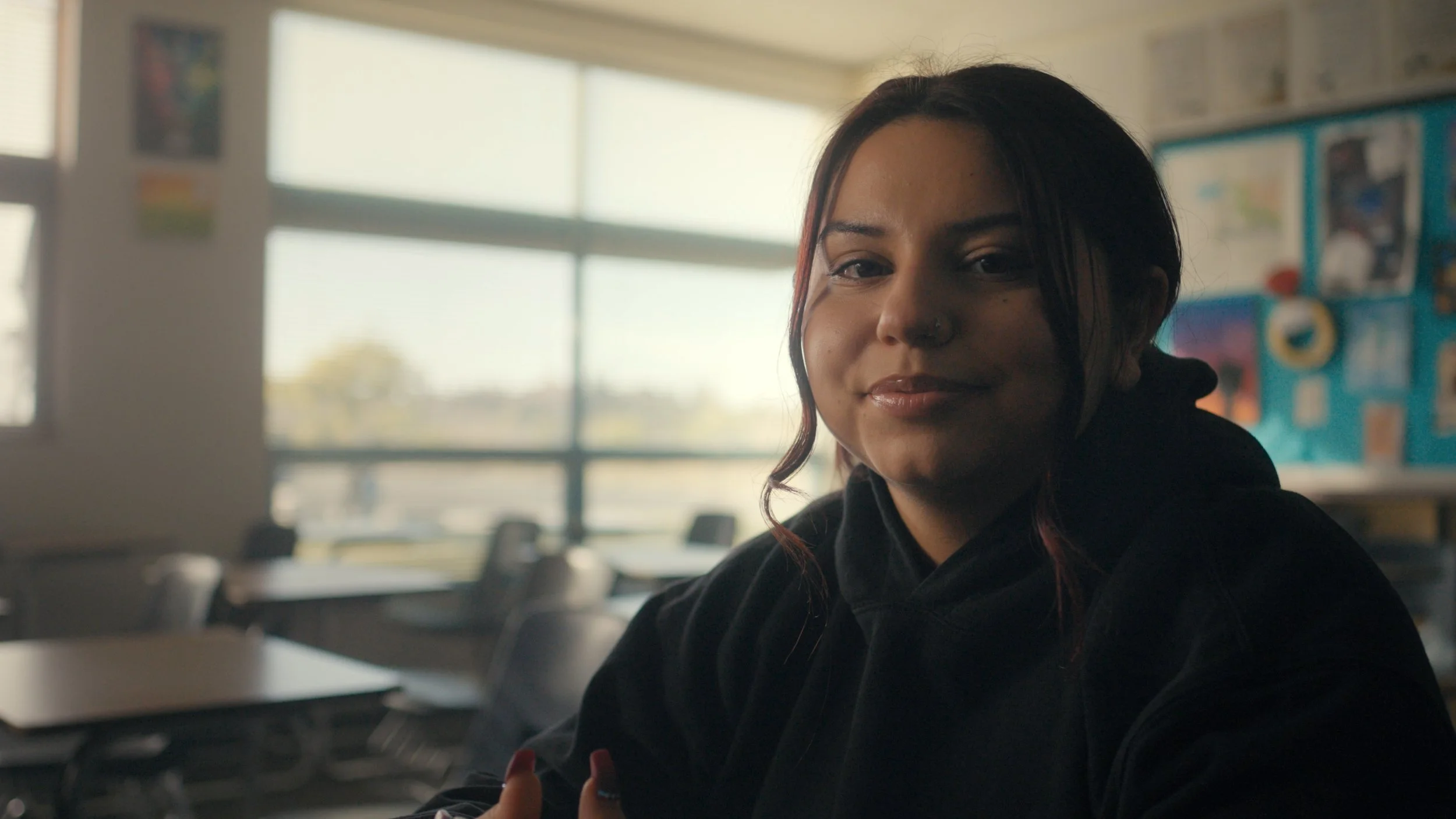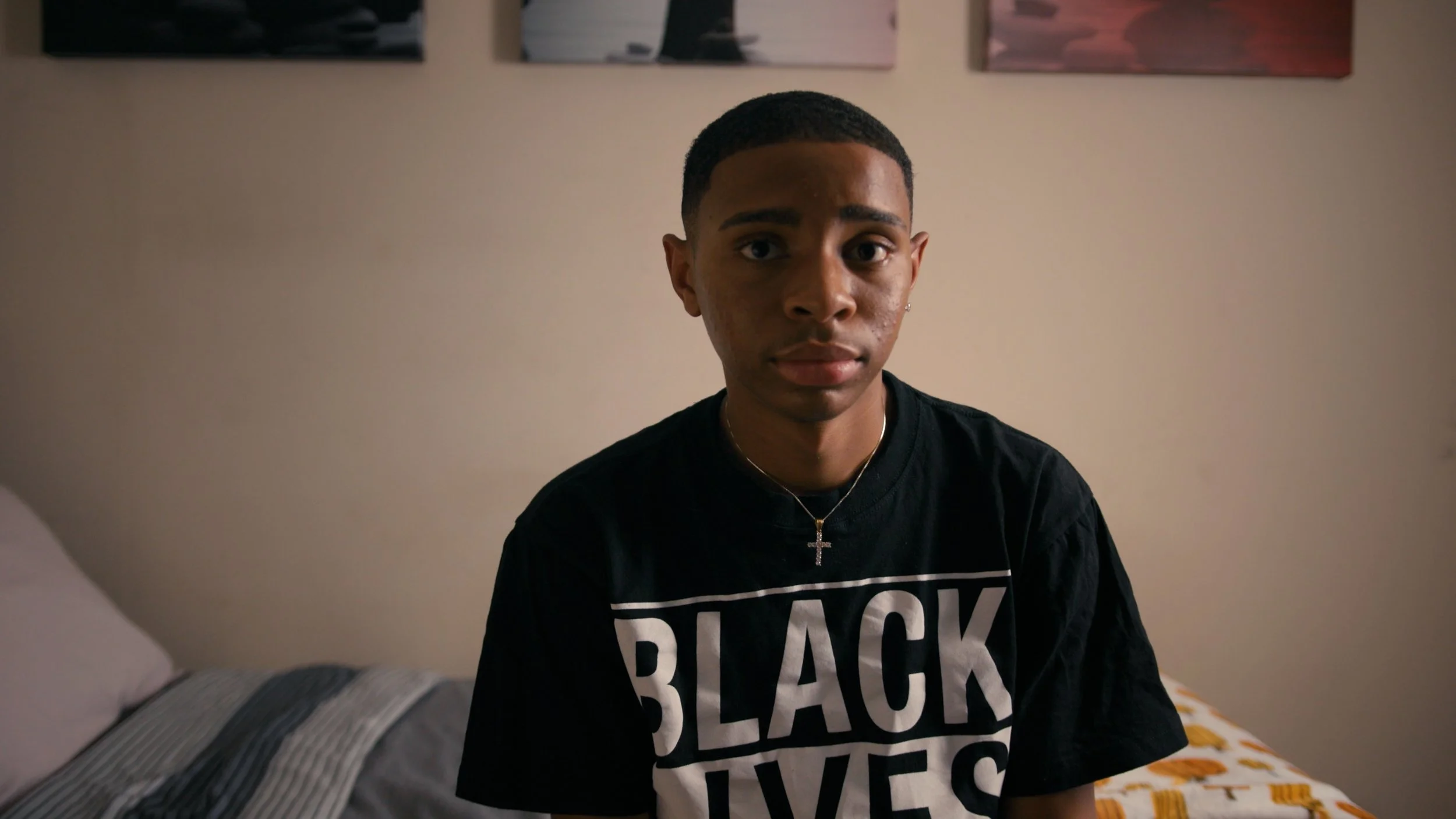
REFLECT & HEAL

IT’S TIME TO TALK ABOUT COVID.
It’s been 5 years since the COVID-19 pandemic shut down schools across the globe. Students faced unprecedented challenges during a pivotal time in their lives. As schools shifted to virtual learning, they had to navigate the loss of traditional milestones, postponed sports seasons, social isolation, uncertainty about the future, and disrupted routines. This took a toll on their mental health and academic performance.
“This series gives us the opportunity to reflect on the impact of the pandemic, and how we continue to heal together.”
TEACHING THE CLASS: Navigating the Pandemic
A One-Day Lesson Marking the Fifth Anniversary of COVID-19
This lesson uses segments from the docuseries The Class to explore the impact of the COVID-19 pandemic on students, families, and educators. It focuses on the challenges of distance learning, the interplay of public policy and public health, and the social-emotional impact of this period in our nation and our world.

Mental Health Resources
From our partners at:
KIDS, TEENS, AND YOUNG ADULTS
For teens, determining whether certain behavior is normal or a symptom of a mental health condition can be difficult. Learn when to ask for help, how to talk to your friends and family about mental health, and more.
COPING WITH GRIEF, LOSS, AND TRAUMA
Grief is a normal response of sorrow, emotion, and confusion that comes from losing someone or something important to you. Grief may be a reaction to different life events such as death of a loved one, the end of a relationship, job loss, moving away from family and friends, or loss of good health due to an illness. Scientists have researched grief extensively and propose that we grieve for a reason, that is, to ensure group cohesiveness for survival purposes.
FOR THE LGBTQ+ COMMUNITY
The Lesbian, Gay, Bisexual, Transgender, Queer, Questioning Plus (LGBTQ+*) community represents a diverse range of identities and expressions of gender and sexual orientation. While belonging to the LGBTQ+ community can be a source of strength, it also brings unique challenges. For those who identify as LGBTQ+, it’s important to recognize how your experience of sexual orientation and gender identity relates to your mental health.














